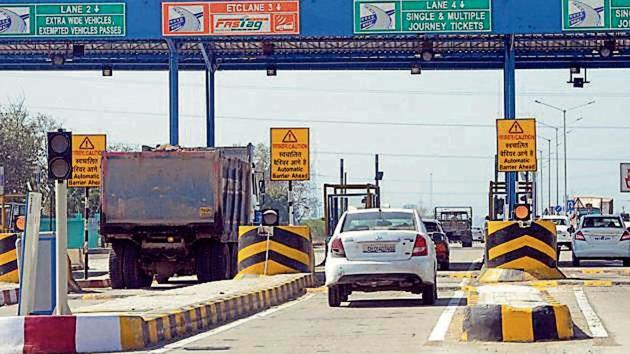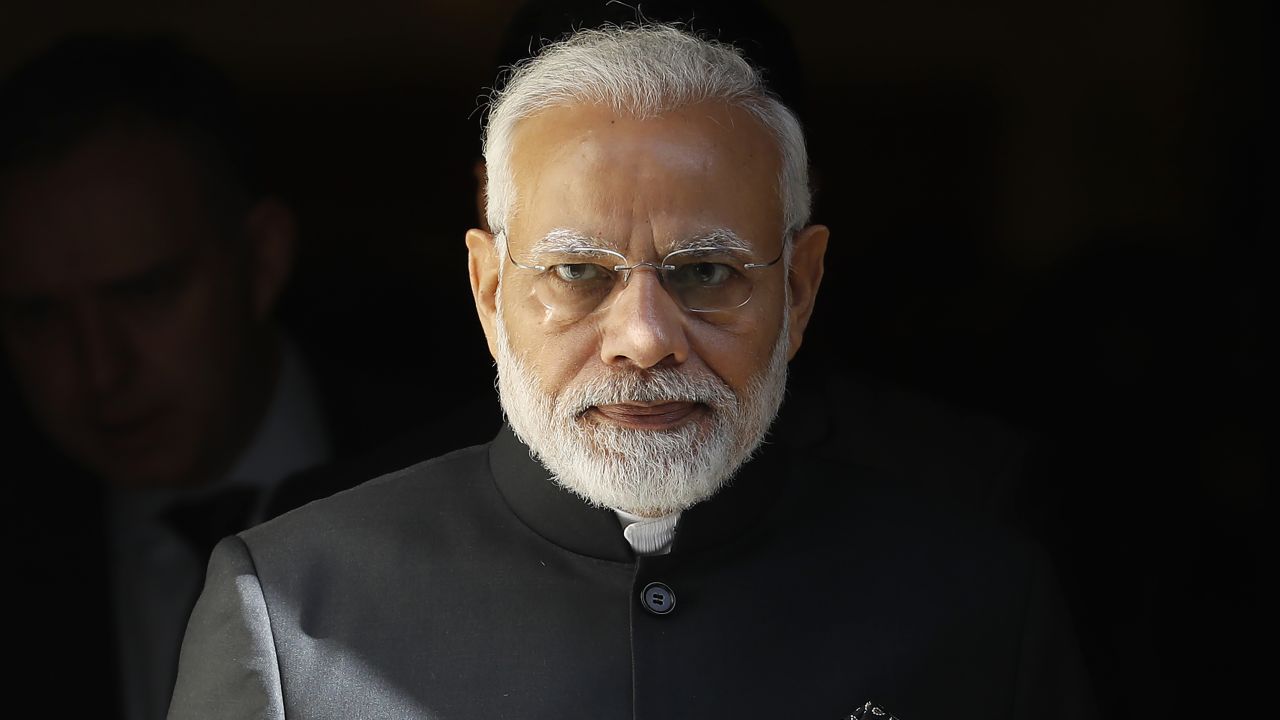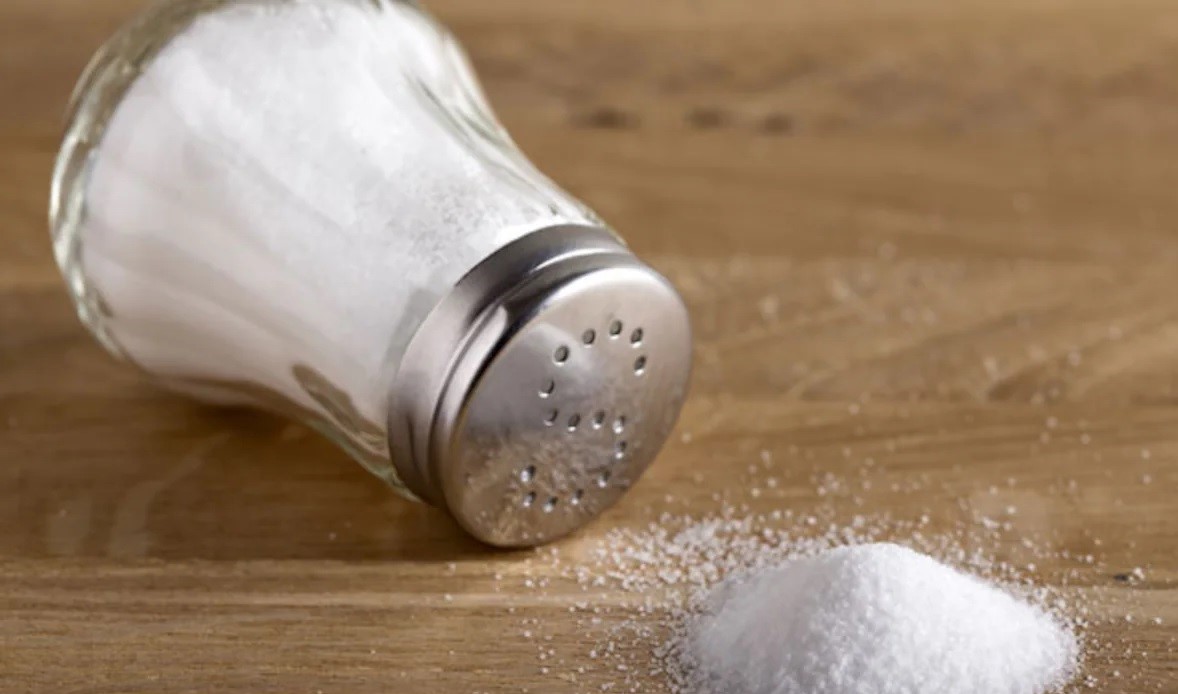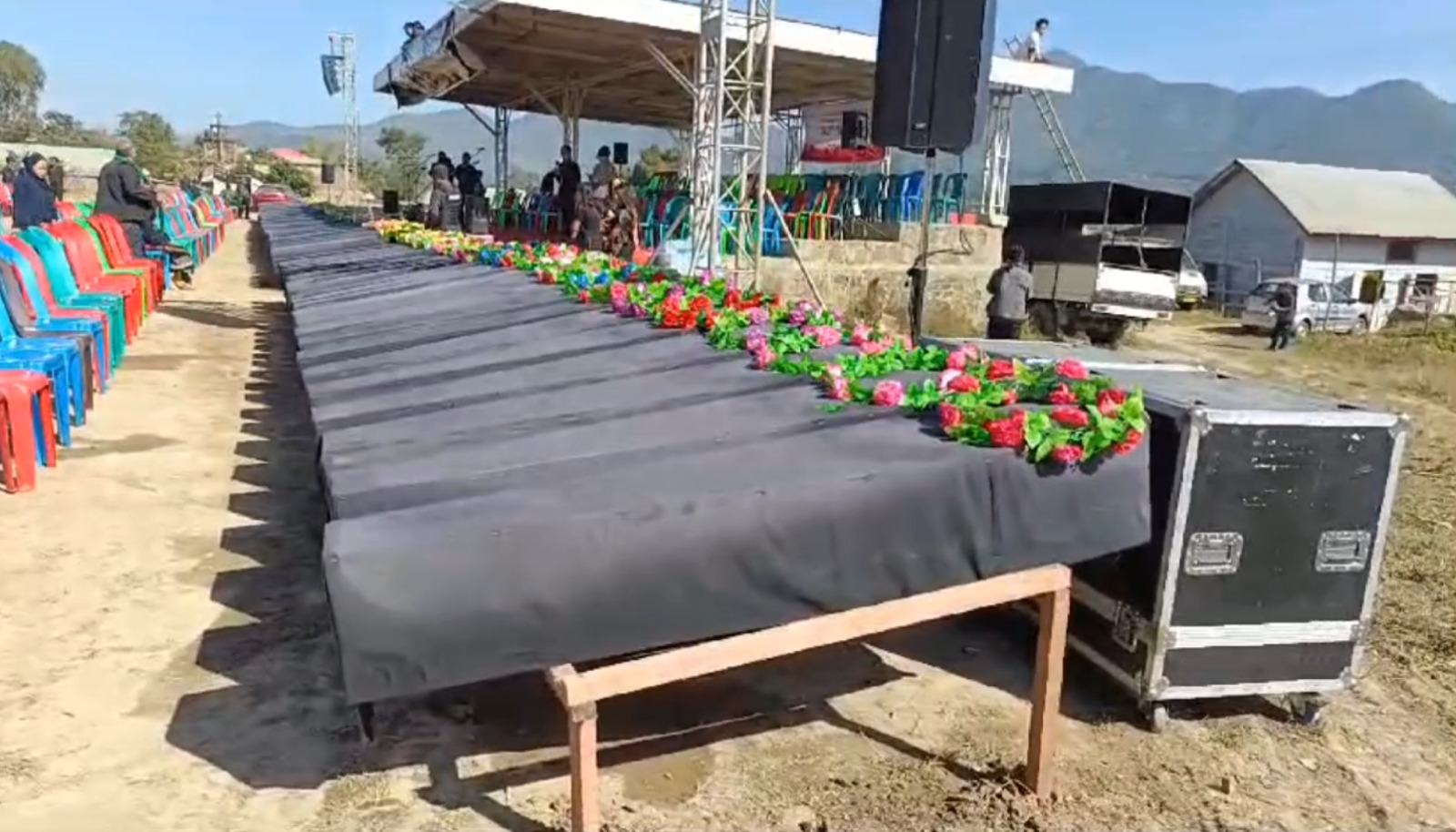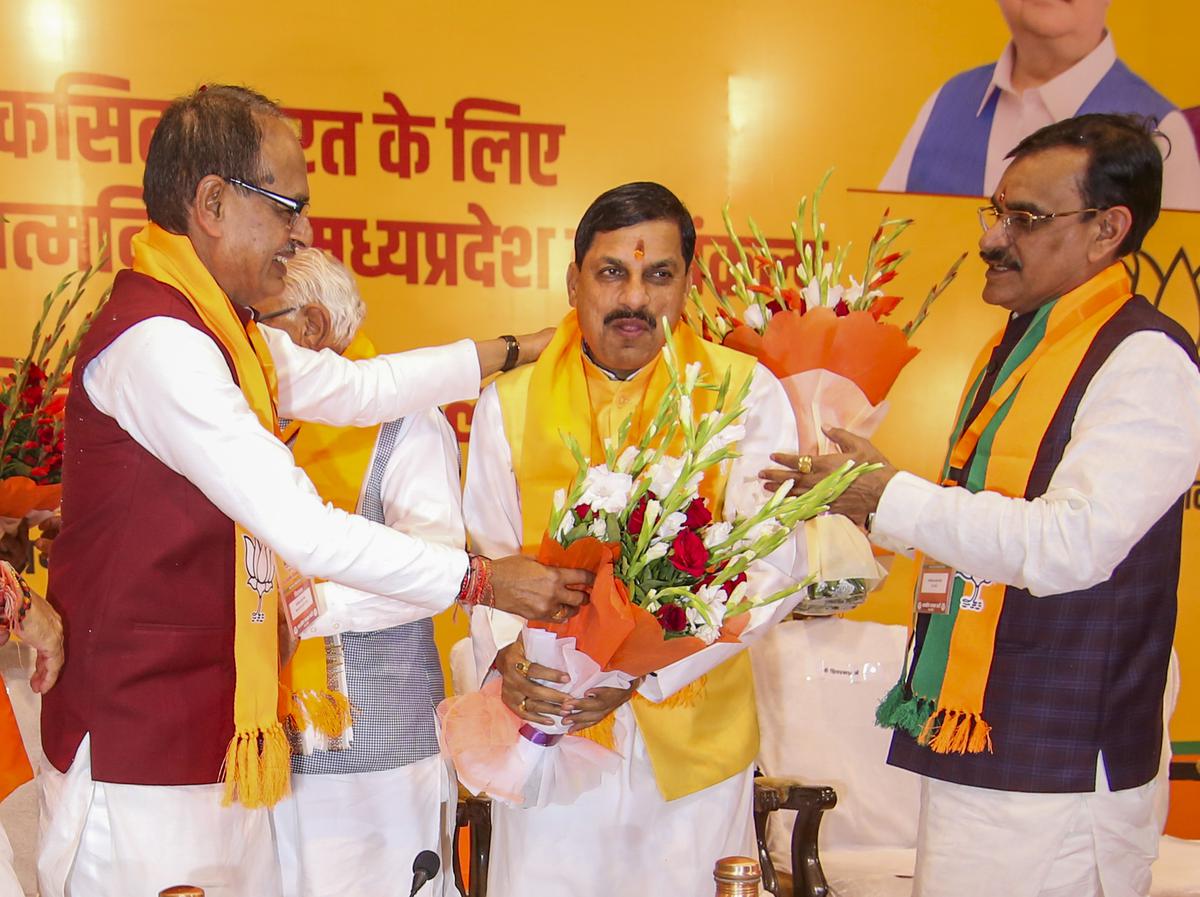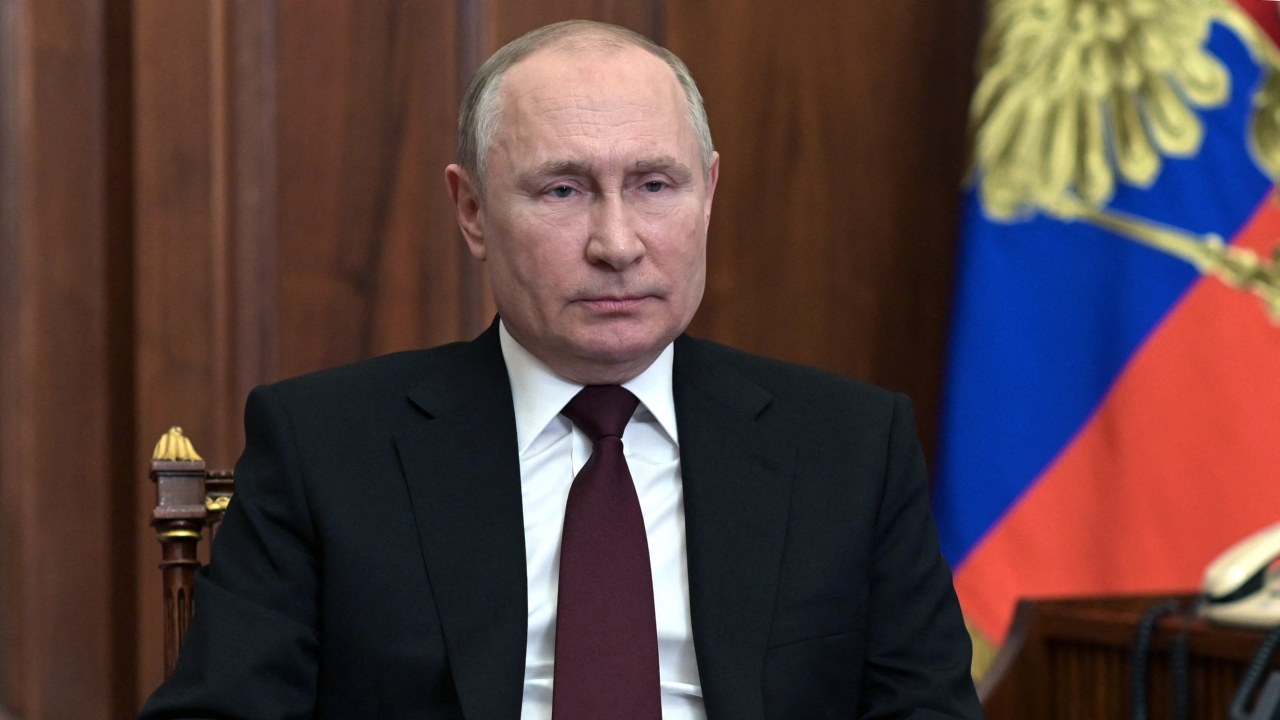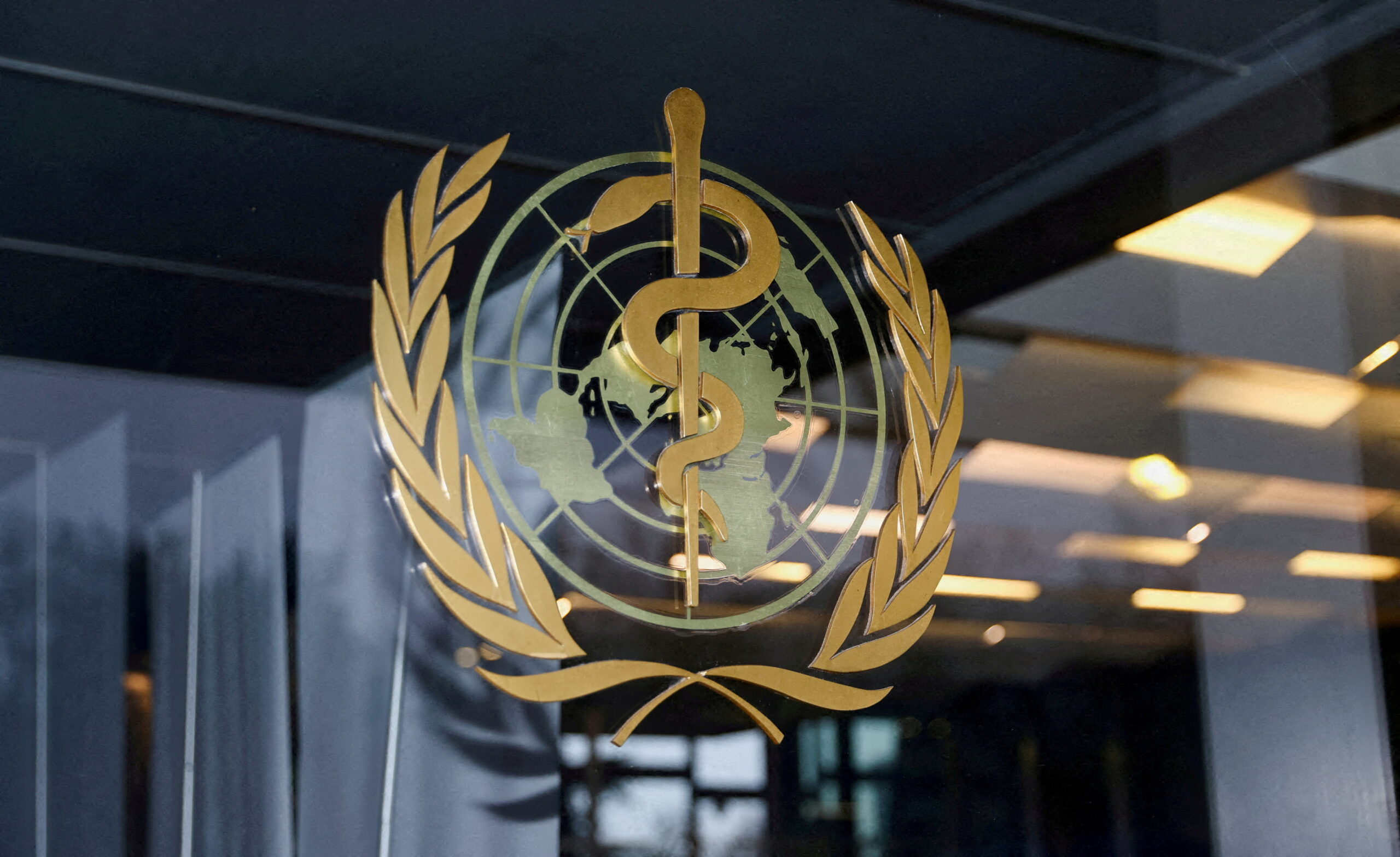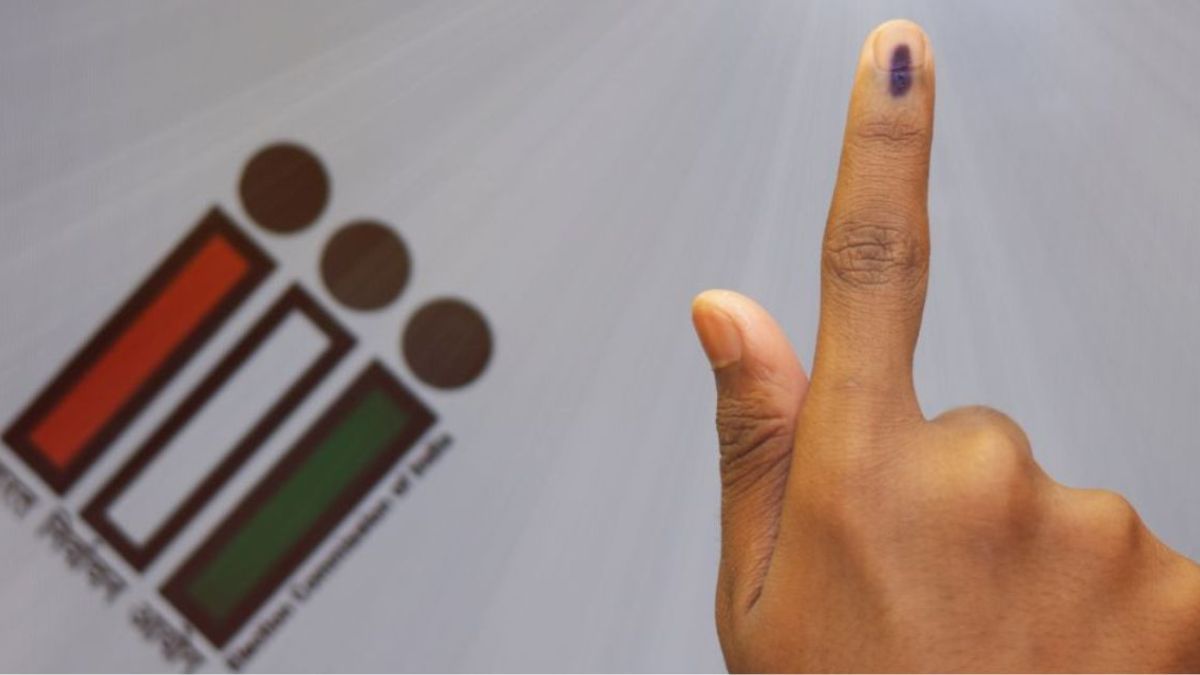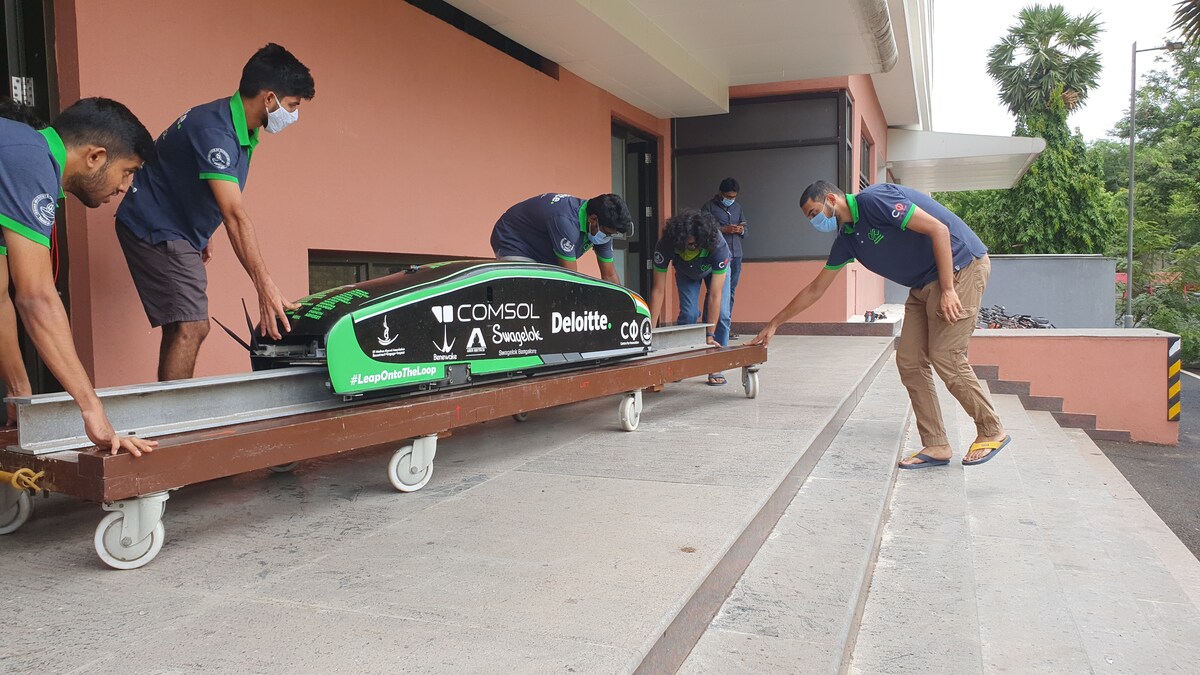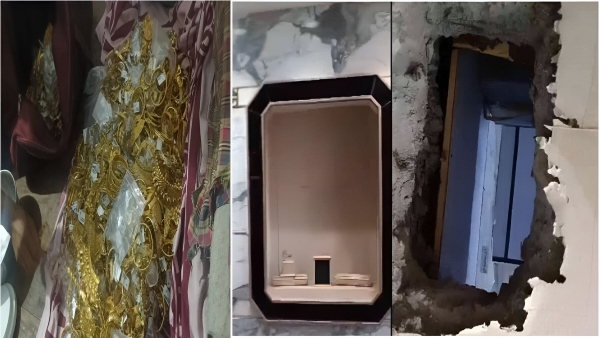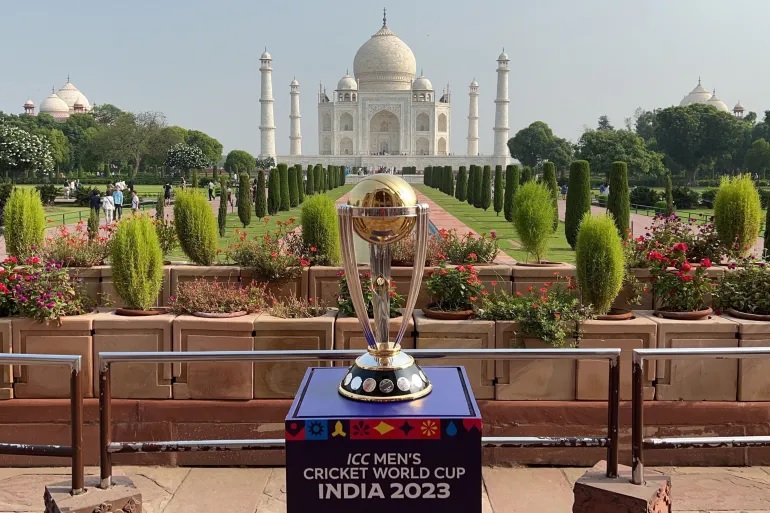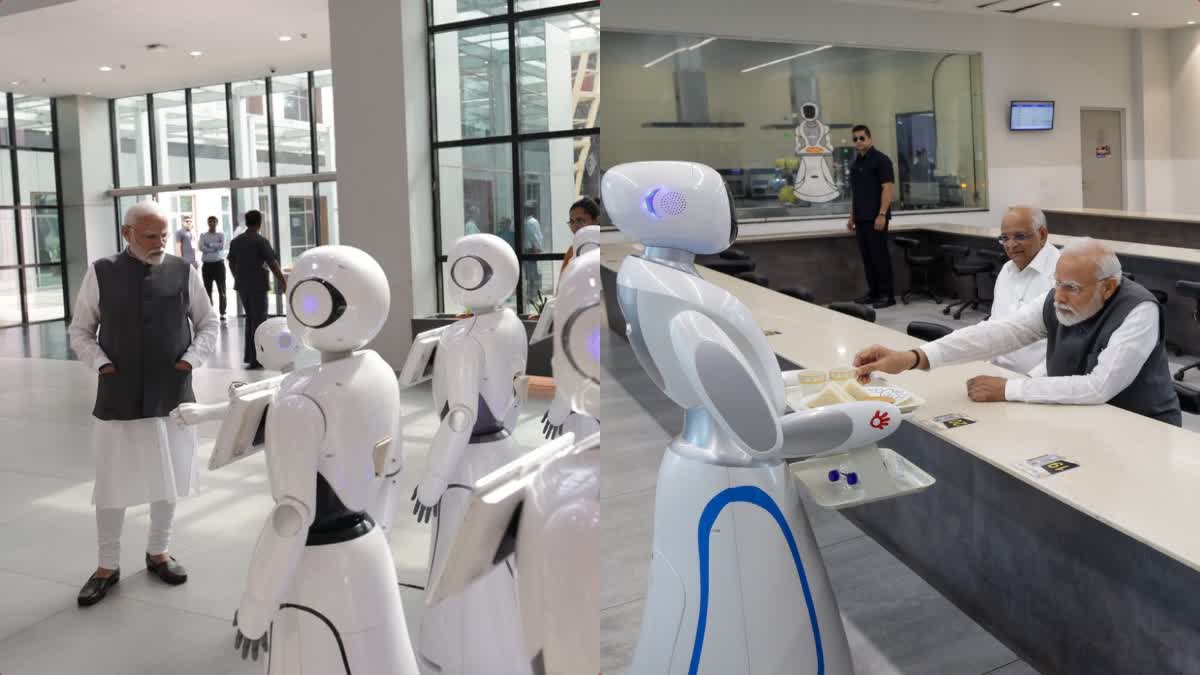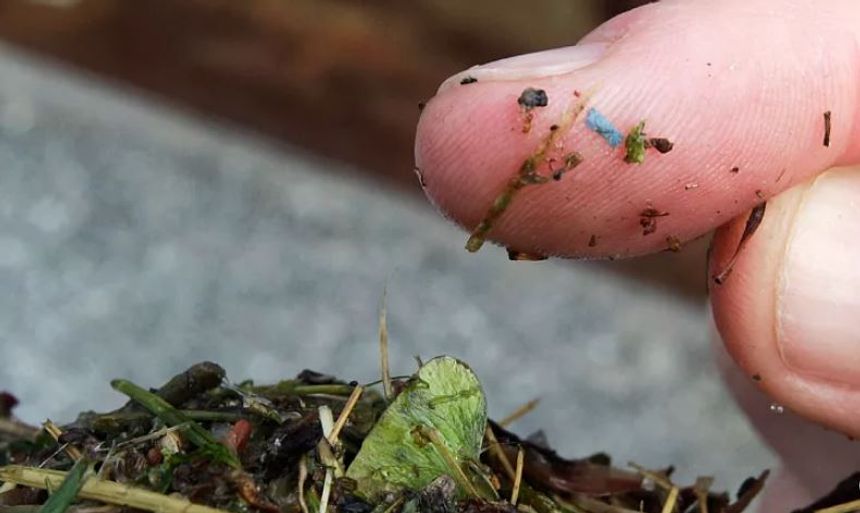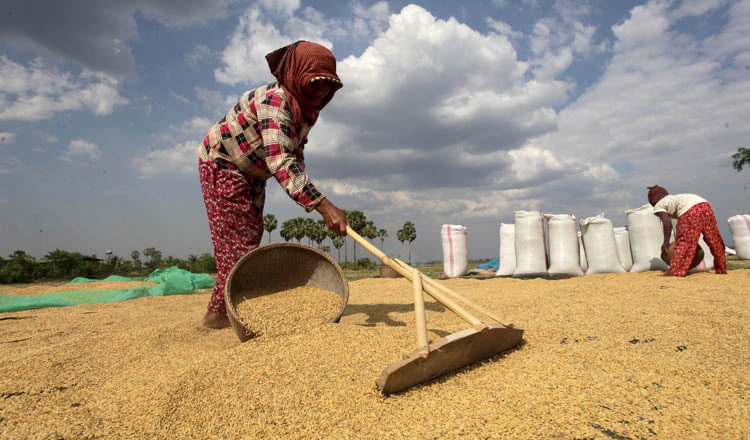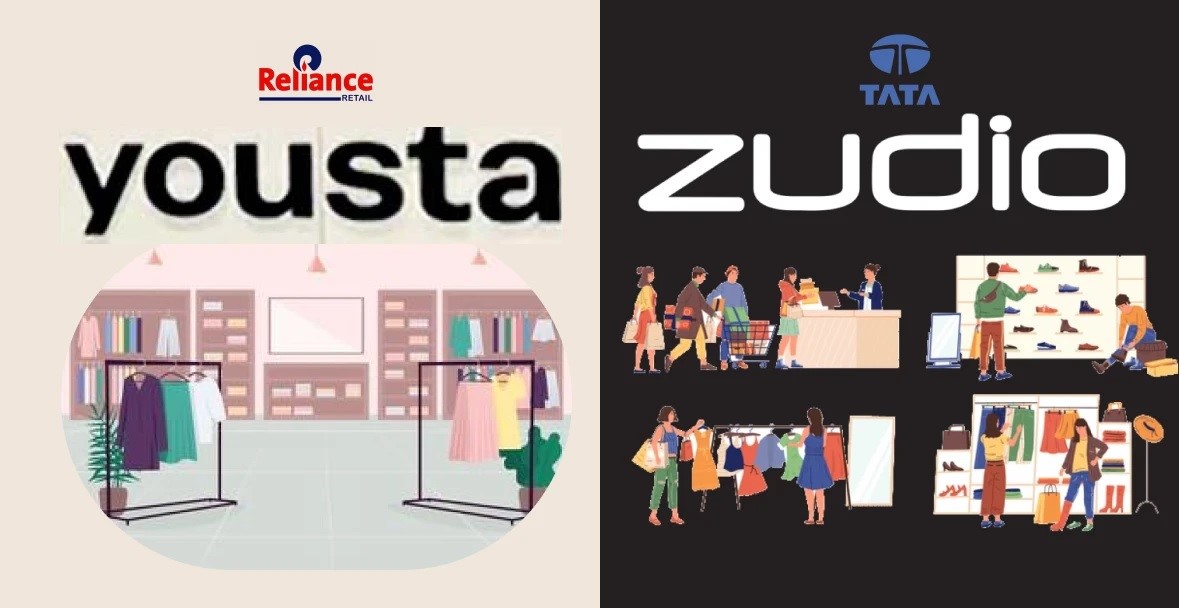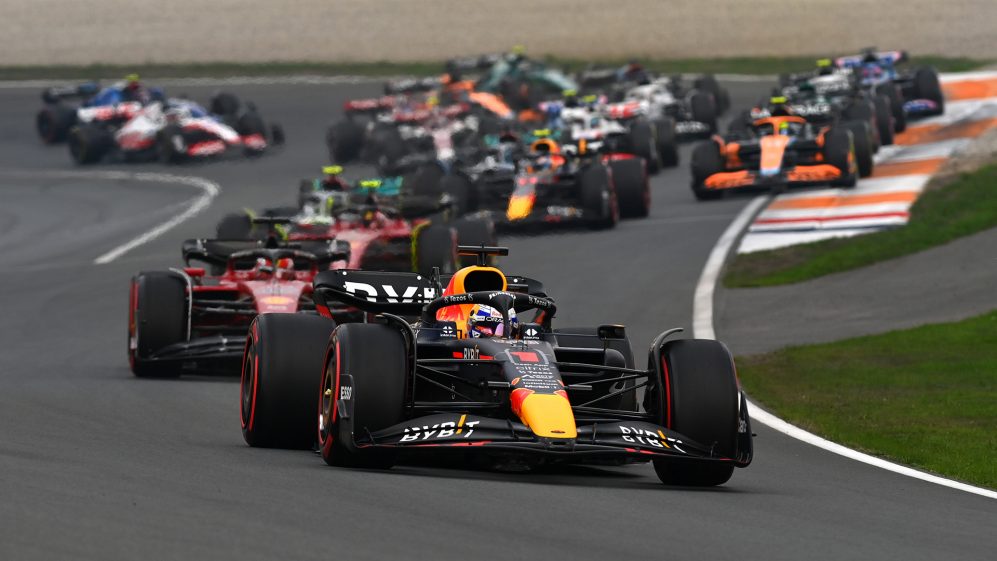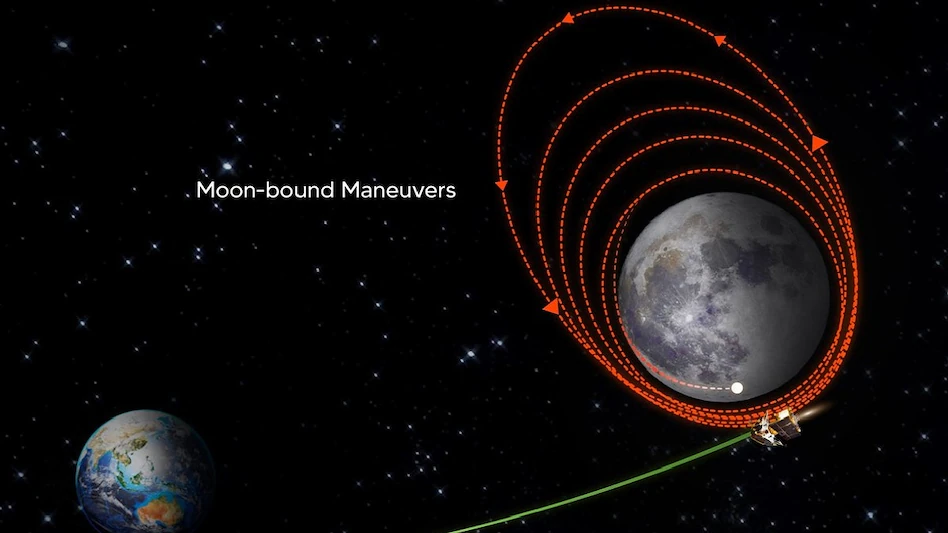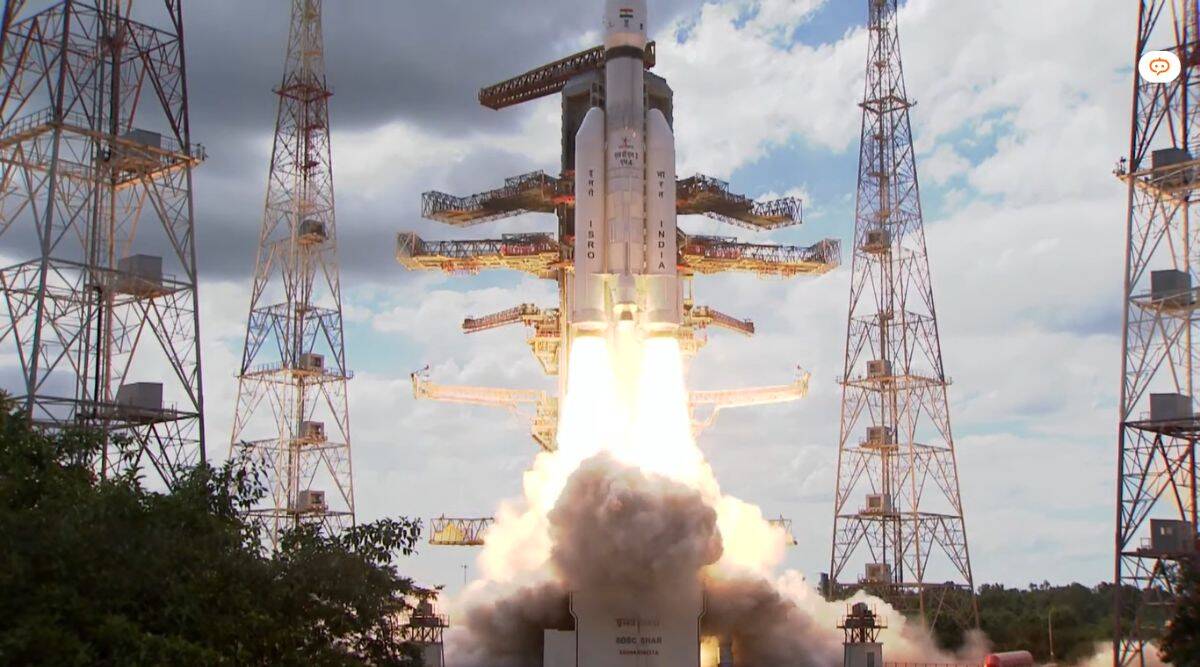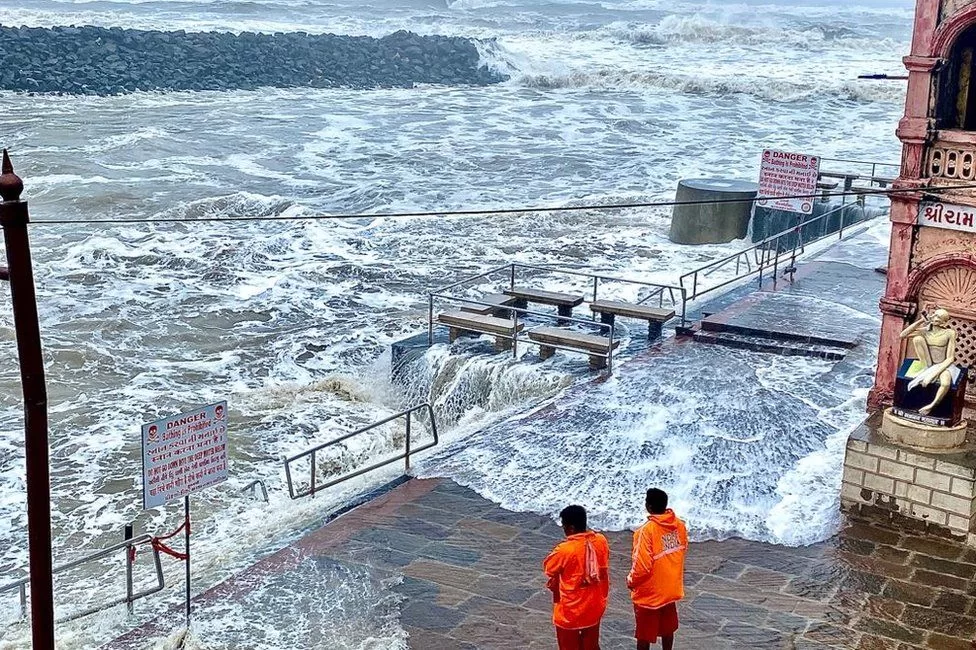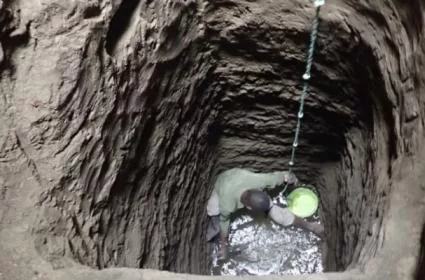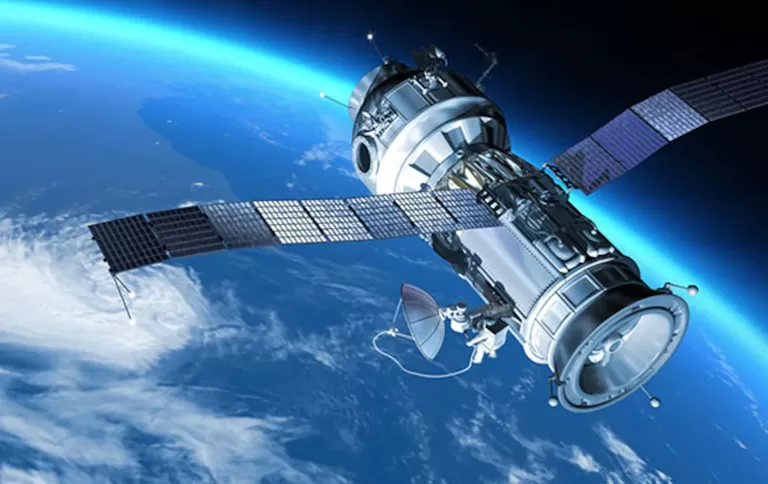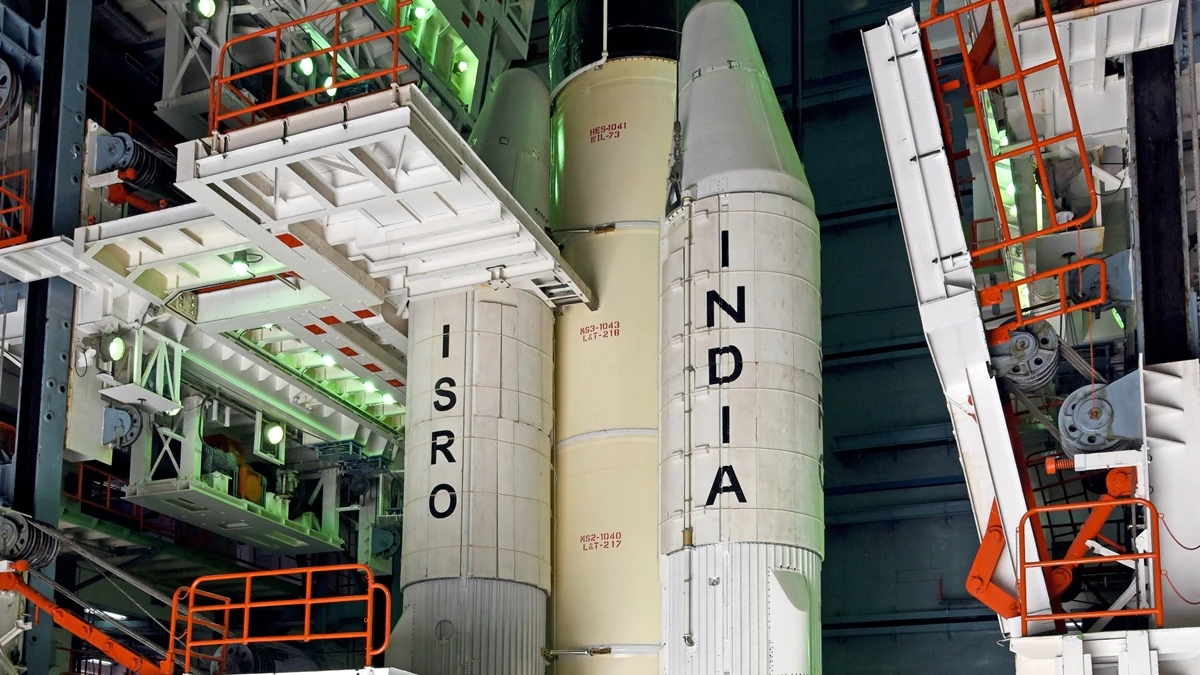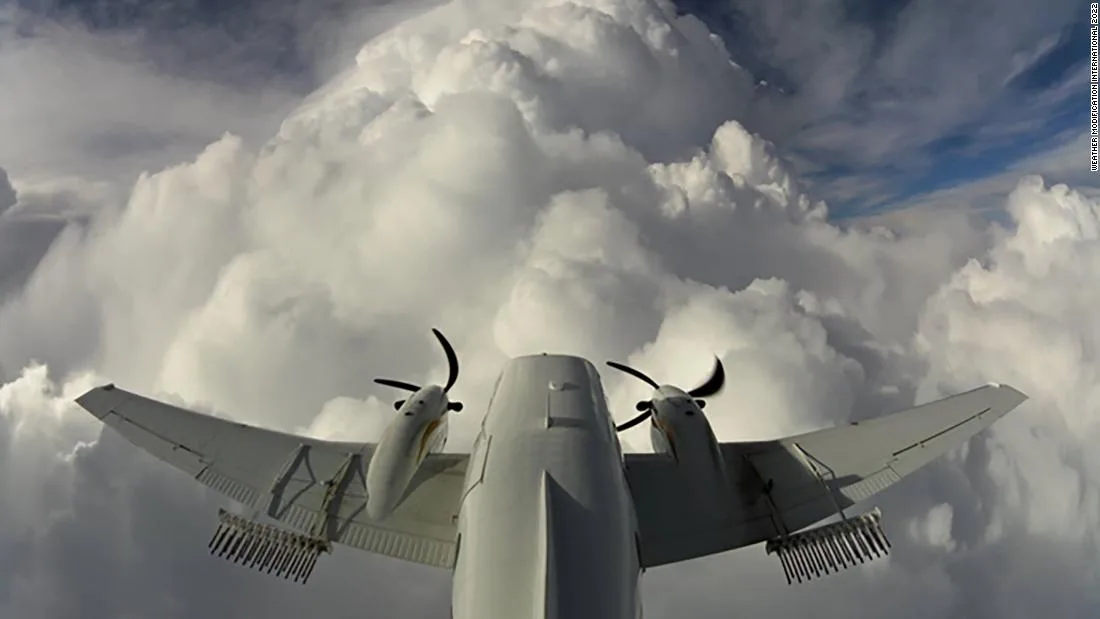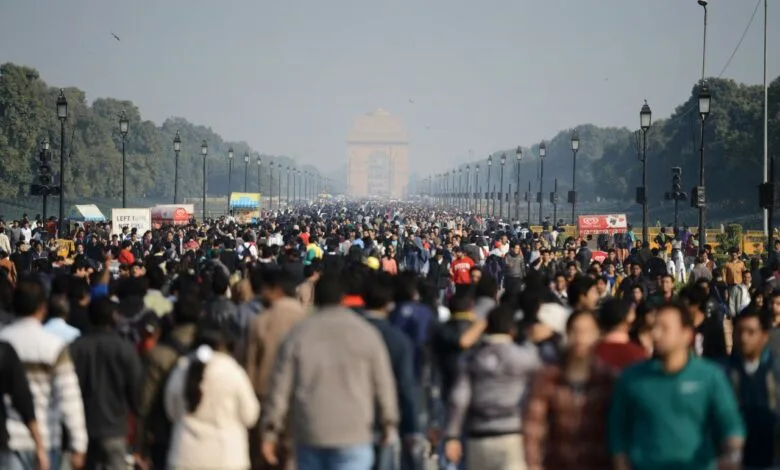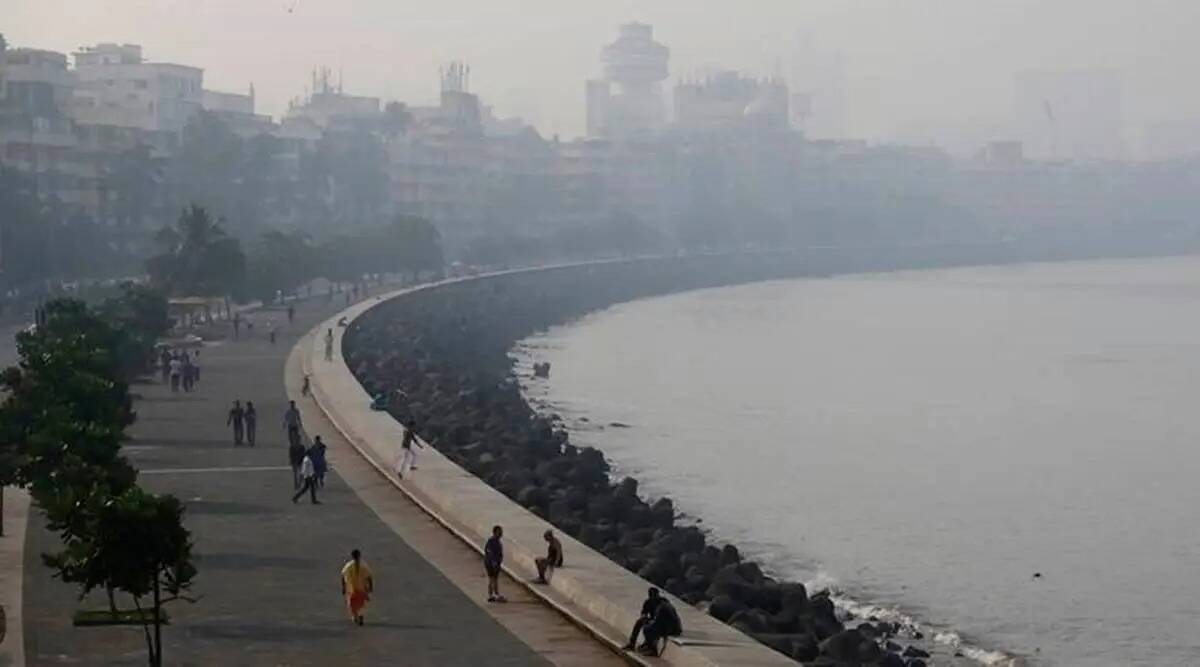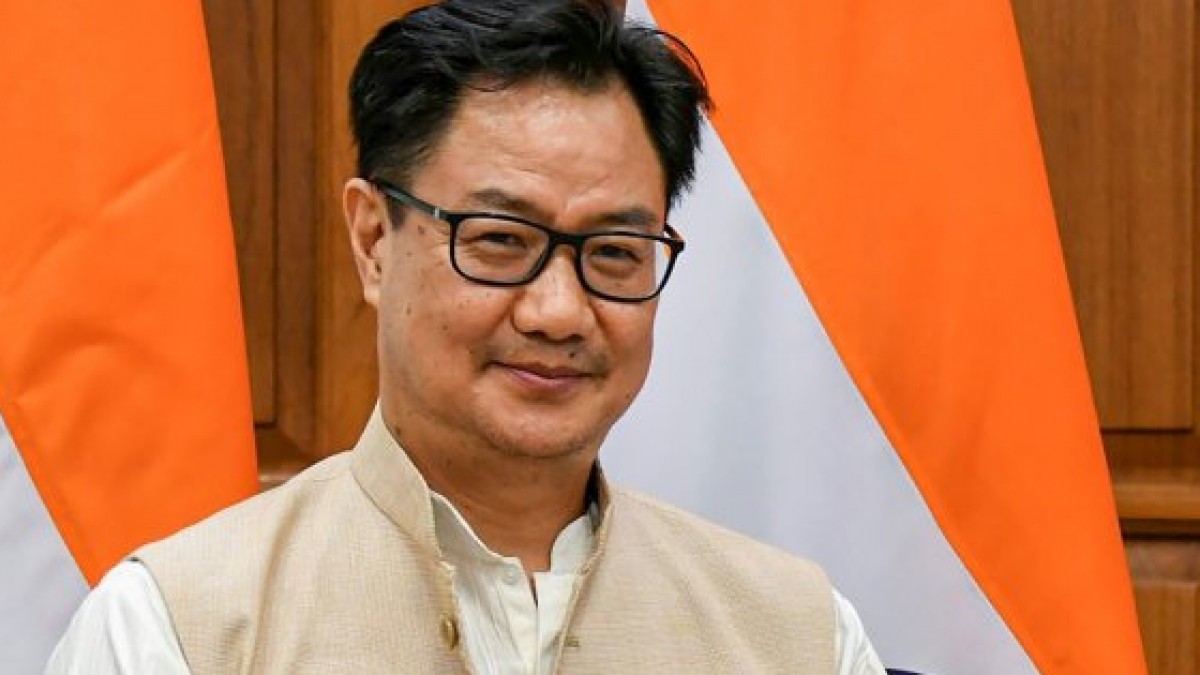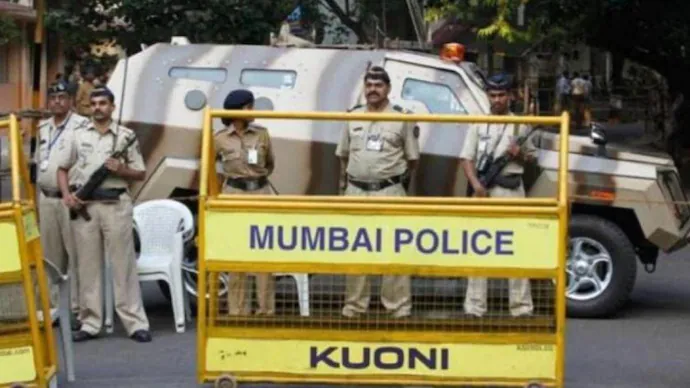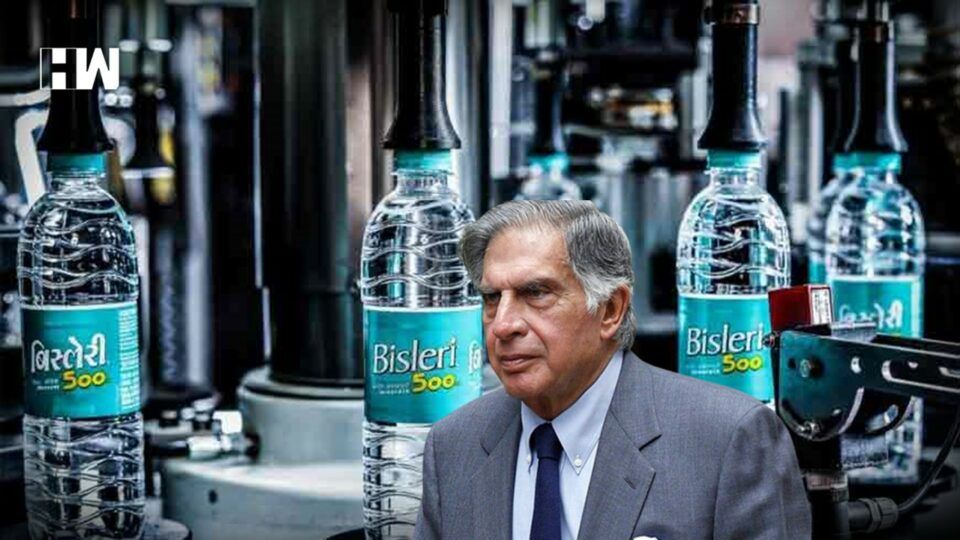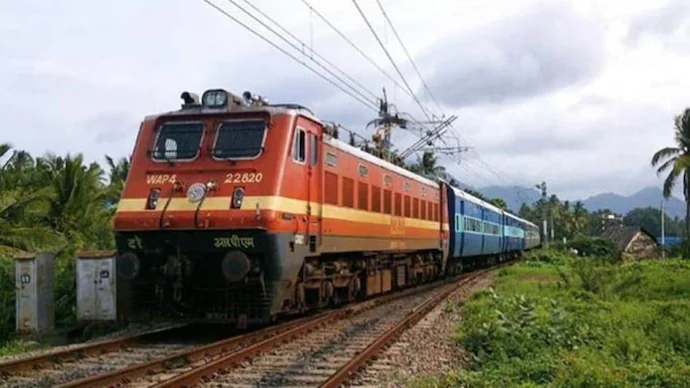
To keep domestic inflation under control, India implemented export restrictions on some food products. However, it has allowed for restricted exports of these products to friendly countries in desperate need. India has agreed to deliver vital commodities to the Maldives following the island nation’s request.
Under the bilateral trade agreement between India and the Maldives, the government would export certain quantities of basic commodities to the Maldives from 2024 to 2025, including eggs, potatoes, onions, rice, wheat, flour, sugar, dal, stone aggregate, and river sand.
Exports of these products are generally restricted or prohibited. Potatoes (21,513.08 tonnes), onions (35,749.13 tonnes), rice (1,24,218.36 tonnes), wheat flour (1,09,162.96 tonnes), sugar (64,494.33 tonnes), dal (224.48 tonnes), stone aggregate (1 million tonnes), and river sand (1 million tonnes) are among the permitted quantities.
CAPEXIL shall ensure that the suppliers/extractors have obtained appropriate clearances for the export of the above quantity of River Sand and Stone Aggregate, and that sand mining is not carried out in the Coastal Regulation Zone Area, as prohibited by the Coastal Regulation Zone notification.
Export of River Sand and Stone Aggregate shall be permitted provided that the exporter obtains the appropriate environmental clearances/No Objection Certificates from the designated nodal authority of the individual State Governments from which the River Sand is procured.
This authorization is also subject to any State legislation or legal orders governing the mining of ‘River Sand’ and ‘Stone Aggregate”.
In a post on social networking platform X, the Indian High Commissioner stated that this was done “under a unique bilateral mechanism” in which the quotas for each of these commodities were raised upwards.
“The approved quantities are the highest since this arrangement came into effect in 1981,” the mission’s announcement stated.
Move comes amid India-Maldives diplomatic dispute. The declaration comes after a diplomatic spat between the two countries that began in November last year, when President Mohamed Muizzu, known for his pro-China views, took the oath and within hours requested that India return its 88 military personnel from his country.
The relationship worsened further when three Maldivian officials made crude remarks when Prime Minister Narendra Modi uploaded photographs and videos of the Lakshadweep Islands, prompting a strong reaction from Indians, including several celebrities.
The #BoycottMaldives movement resulted in a dramatic drop in Indian tourists visiting the island nation.
The 1981 India-Maldives trade agreement allows for the export of critical commodities.


“India became the Maldives’ second-biggest trade partner in 2022, and the largest in 2023. Indian imports from the Maldives are primarily scrap metals, while Indian exports to the Maldives include a wide range of engineering and industrial products such as drugs and pharmaceuticals, radar apparatus, rock boulders, aggregates, cement, and agricultural produce such as rice, spices, fruits, vegetables, and poultry produce, according to the notice.
According to the notification made on Friday, quotas for eggs, potatoes, onions, sugar, rice, wheat flour, and dal (pulses) have been increased by 5%.











































































